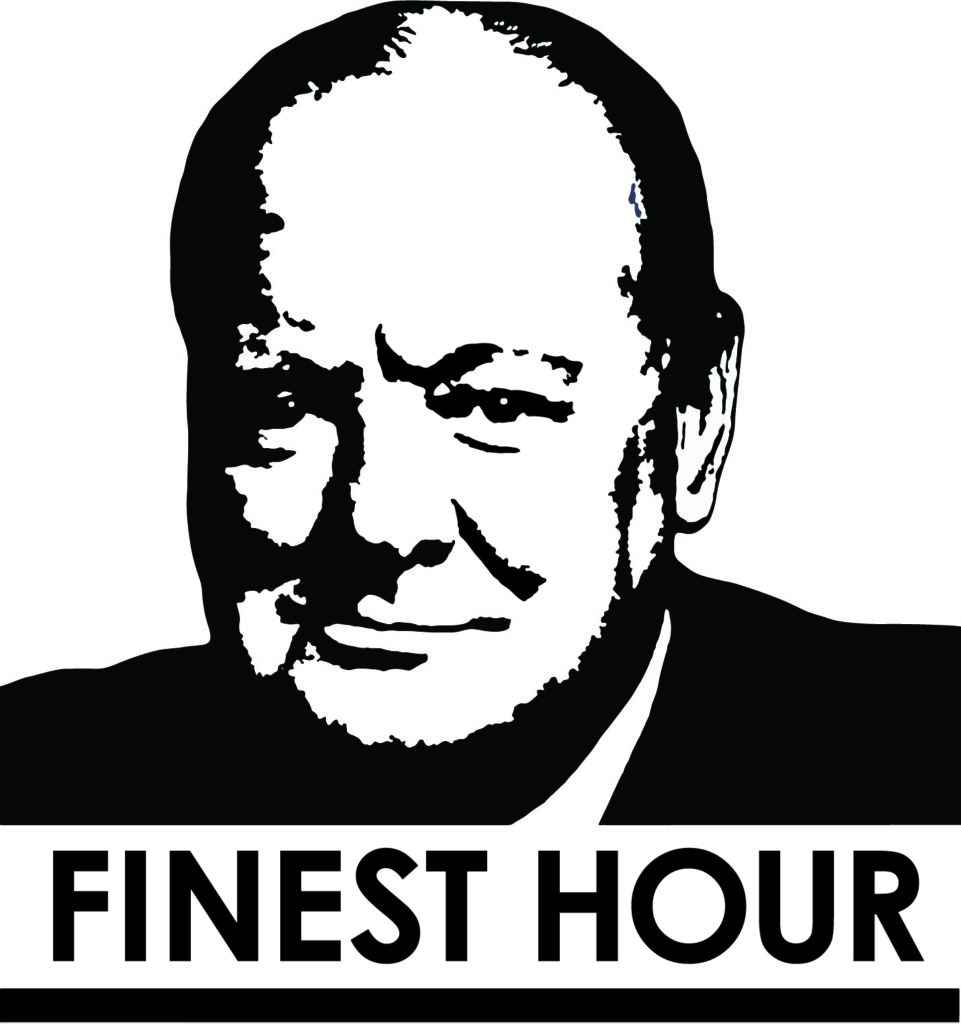
Finest Hour 193
From the Editor – Churchill and Wales

December 30, 2021
Finest Hour 193, Third Quarter 2021
Page 04
By David Freeman, July 2021
Last year we began a four-part series examining Winston Churchill’s connections with each of the four constituent parts of the United Kingdom. The series will be published over four years. We started with Scotland and now turn our attention to Wales. No dedicated study of Churchill and the principality currently exists. Such a gap in a rich and controversial field of Churchill studies needs to be filled.
In order to begin addressing the topic, we invited the distinguished historian Kenneth O. Morgan, now Lord Morgan of Aberdyfi, to serve as co-editor of this issue. Lord Morgan is a former vice chancellor of the University of Wales, Aberystwyth and edited Welsh History Review for more than forty years. In his opening article, he surveys the sometimes thorny associations that Churchill had with Wales over the course of his life and introduces each of the features contained in this issue.
Other than the Dardanelles Campaign, there exists no thornier subject in Churchill’s political career than the Tonypandy riots of 1910. Dai Smith provides us with a full account of the controversy, explaining once and for all just what happened in the Rhondda Valley. Less than a year after the events of the South Wales miners’ strike, Churchill was in North Wales for the investiture of the new Prince of Wales, our cover story for this issue.
The two mightiest Welsh politicians of the twentieth century may also be described as the men who became Churchill’s greatest political friend and foe respectively. John Campbell compares the leadership of Churchill and David Lloyd George in war and peace, while Nick Thomas-Symonds looks at the contentious but mutually respectful relationship between Churchill and Nye Bevan.

2025 International Churchill Conference
The gradual movement to a devolved government for Wales began soon after the Second World War. Churchill considered and rejected the idea, but he also supported the creation of a representative for Welsh affairs in the Cabinet. Adam Evans explains Churchill’s involvement with what led to the creation of the Welsh Office. As an added bonus, readers may go online to www.winstonchurchill.org to find an article by Paul O’Leary that looks at Churchill’s interpretation of Welsh influence in A History of the English-Speaking Peoples.
Subscribe
WANT MORE?
Get the Churchill Bulletin delivered to your inbox once a month.



